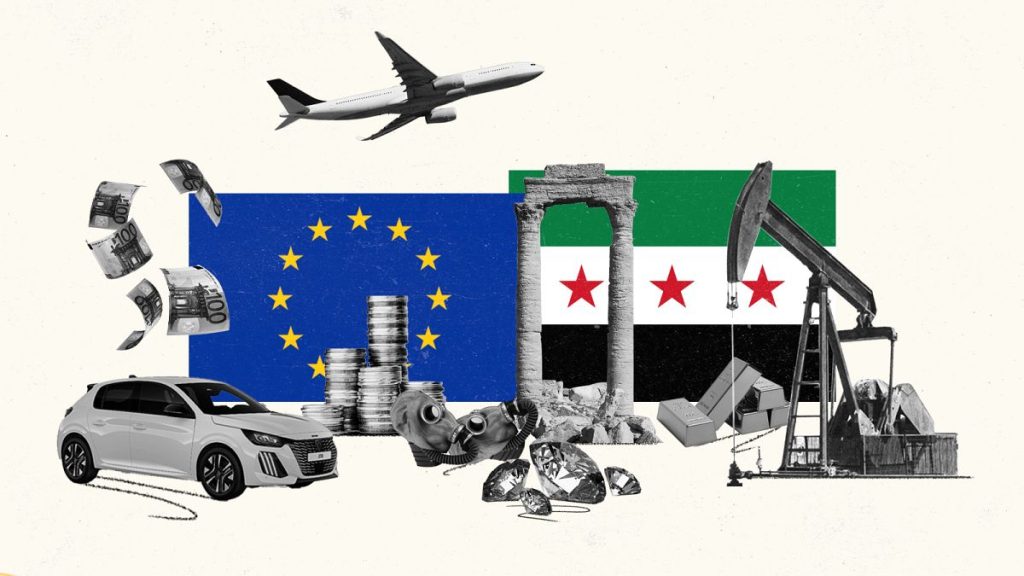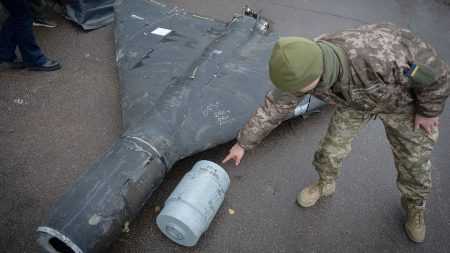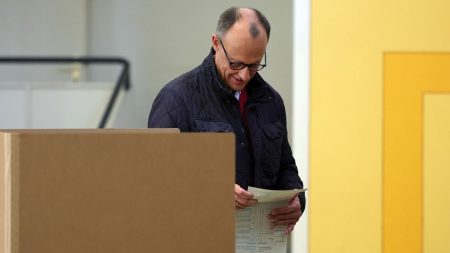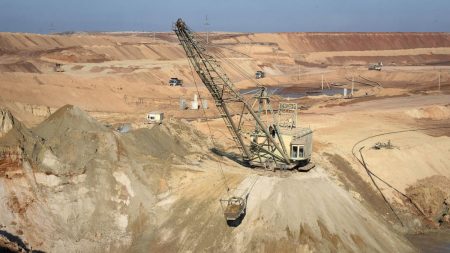The European Union (EU) is poised to initiate a new chapter in its relationship with Syria following the demise of Bashar al-Assad’s regime. After years of imposing stringent sanctions on Syria due to widespread human rights violations, the EU now seeks to foster economic recovery and support the transition to a new government led by Hayat Tahrir al-Sham (HTS). This shift in policy is predicated on the HTS government demonstrating a commitment to inclusive governance, with the EU emphasizing that sanctions relief will be conditional and reversible. The primary focus of this initial sanctions relief will be on sectors crucial for rebuilding the war-torn nation, such as finance and energy.
The sanctions imposed by the EU on Syria over the course of the civil war have effectively crippled the Syrian economy. Trade between the EU and Syria has plummeted, with Syria ranking as one of the bloc’s least significant trading partners. The sanctions targeted the Syrian government and financial sector, prohibiting European investment, financial aid, and trade in Syrian bonds. Restrictions on banking interactions between European and Syrian institutions further exacerbated the economic isolation. While exemptions for humanitarian aid existed, the complexity and ambiguity surrounding the sanctions regime created significant obstacles for NGOs operating in Syria.
The EU’s focus on sanctions relief in the financial sector is driven by the recognition that restoring financial ties with Europe, a major donor, is essential for Syria’s reconstruction. Lifting these sanctions would pave the way for much-needed assistance in rebuilding infrastructure, restoring public services, and stimulating economic activity. Similarly, the energy sector is another key area targeted for sanctions relief. Although Syria is not a major oil and gas exporter, these resources are vital for the country’s economic survival. Sanctions on the oil and gas industries, as well as electricity generation, have severely hampered Syria’s ability to meet its energy needs, contributing to widespread power outages and exacerbating the humanitarian crisis.
Beyond finance and energy, the EU sanctions regime encompasses a wide range of restrictions targeting various sectors and individuals. Luxury goods exports were banned to impact Syria’s elite, while restrictions on dual-use goods aimed to limit the military’s capacity for repression. An arms embargo, along with a ban on exports of toxic chemical agents, reflected international concerns over the Assad regime’s use of chemical weapons. Furthermore, a blacklist of individuals and entities associated with the regime remains in place, subject to asset freezes and travel bans. These measures, targeting specific individuals and sectors deemed complicit in the regime’s actions, are expected to remain in effect until there is greater stability and reduced risk of violence and extremism in post-Assad Syria.
The EU’s approach to sanctions relief is characterized by caution and conditionality. The bloc is emphasizing “suspension” rather than a complete lifting of sanctions, creating a “fall-back mechanism” to reinstate penalties if the new government fails to uphold its commitments to inclusive governance. This approach reflects the EU’s awareness of the fragile political landscape and the potential for continued instability in Syria. The suspension of sanctions will likely be phased, prioritizing sectors critical for reconstruction and humanitarian aid, while maintaining restrictions on areas such as arms, surveillance equipment, dual-use technology, and chemicals, as well as the blacklist of individuals and entities.
The EU’s strategy aims to balance the urgent need for economic recovery and humanitarian assistance with the imperative to ensure that the new government adheres to principles of good governance and human rights. The process of translating the political agreement on sanctions relief into concrete legal action will take time, and the EU will closely monitor the new authorities’ actions to ensure they align with the bloc’s expectations. This cautious and conditional approach underscores the EU’s commitment to supporting a peaceful and democratic transition in Syria while safeguarding against potential risks and setbacks. The EU’s ultimate goal is to facilitate a positive transformation in Syria, fostering stability, economic development, and respect for human rights, while remaining vigilant against backsliding and ensuring that the mistakes of the past are not repeated.










